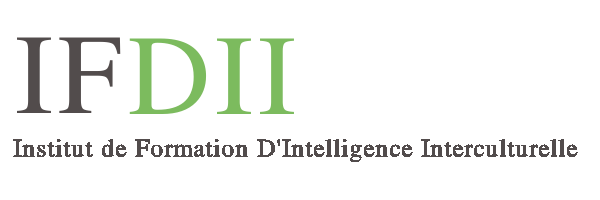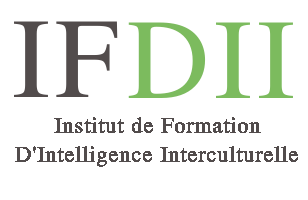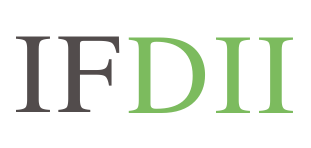Objectives
After completing this workshop, participants acquire key intercultural skills and will:
Improve their work in an intercultural and pluriprofessional environment;
Identify the different personal and professional cultures of colleagues, suppliers, and clients;
Formulate clear directives for pluricultural international teams;
Be able to meet the needs of a global workplace faster;
Speak their mind without putting themselves at risk.
Who Should Attend:
Anyone dealing with multicultural environments, international teams, or in-company colleagues of different nationalities.
Senior executives, project managers, HR teams or HR professionals, chiefs of staff, pedagogical teams, executive coordinators dealing with a multicultural or international assignment, young graduates and more.
Pedagogical content:
Pre-training: participants write a short text (3 paragraphs) in which they summarize their problem situations, guided by the questions discussed in the preparatory phone conversation.
Program of the training day:
A: Identify who is at play – Me and You
We are multiple selves. Understanding this plural I.
Who are we speaking to? Facing the 6 different audiences.
B: Speaking overtly and covertly – strategies of clarity and ambiguity
The message and the meaning.
The rules of clear conversation and the choice of ambiguity.
Hearing the other’s message, between the lines, to bypass censorship.
Sharing terminologies between professional worlds that are required to work together.
Participants are given examples from the Manual for Speaking Overtly and Covertly©.
C: Our cognitive system – understanding each other faster
How does our brain generate meaning?
D: Cultures and tools of intercultural intelligence
All similar and all different, perceiving differences: causes and consequences. Gender, cultural, and national differences.
Decyphering the other: cultural values, attitudes or preferences.
Increasing everyone’s interoperability.
E: A Protocol of Intercultural Intelligence Questioning
What is the other’s identity made of ?
Resorting to the Protocol for Intercultural Questioning (PROFICQ©) becomes a habit.
F: Session of your choosing: Either “People without frontiers”, “Women and freedom of speech”, “Laughter, a tool of negotiation” or “Silence and well-being”.
After the training day: we remain in contact for follow-up and feedback.
Prerequisites: there are no required pre-conditions to attend this workshop.
Moderator profile: This training is moderated by intercultural intelligence expert Claudine Korall, President of IFDII. Other experts may occasionally be invited to present a session as part of the program, as necessary.
Pedagogical methods: this intercultural intelligence training is based on real-life examples and easily understood and integrated know-how, so as to provide the solutions sought for by participants. The knowledge is derived from various areas such as communication, multicultural management, anthropology (sociology and the study of civilizations) and cognitive sciences. Teaching varies and is adapted to the audience. Workshops are interactive, dynamic, and clearly transmitted.
How is “Better Work Together” different from our other workshops :
All of our trainings carry the basics of intercultural intelligence; this particular workshop dedicates more time to the improvement of communication on both the transmitting and the receiving ends. How to choose one’s message, how to better perceive and understand that which is hidden between the lines (these areas are derived from semiology).
Follow-up and evaluation: to ensure a personal follow-up, IFDII evaluates your achievements during and at the end of the workshop. Evaluation is carried out through practical exercises, case studies, or quizzing/interactive assessments.
Participants’ evaluation of the workshop: each participant is asked to fill and return a feedback and an evaluation sheet.




